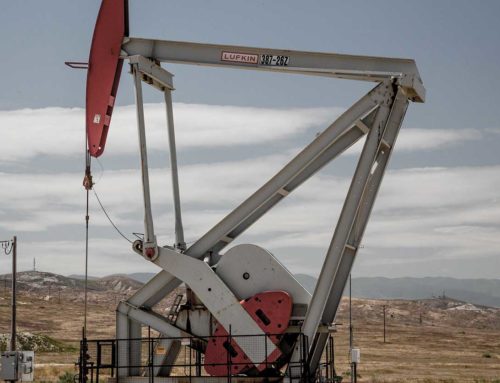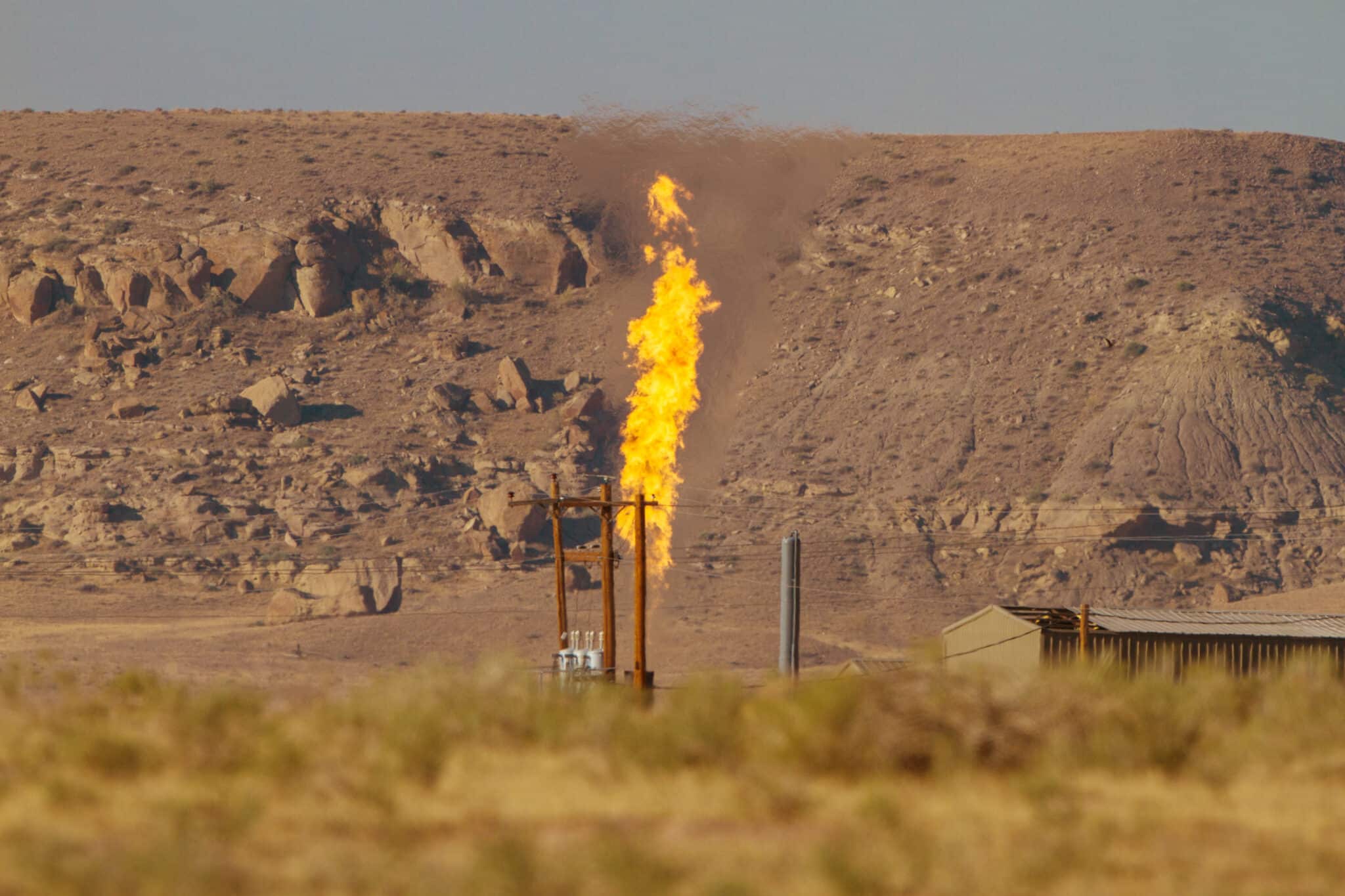On Monday, Secretary of the Interior Ryan Zinke announced the full repeal of a rule aimed at preventing companies from undervaluing oil, gas and coal developed on federal lands.
The goal of the rule was to provide taxpayers with increased royalty revenues based on prices closer to the fair market value of the resource; the result of repeal will cost taxpayers up to $75 million annually.
The rule was finalized in June 2016 by Office of Natural Resources Revenue – the sub-agency within Interior responsible for collecting the royalties from resources developed on federal lands. One of the main objectives of the rule was to stop the common practice of manipulating product valuations in order to reduce royalty payments and increase profits. Specifically, coal companies were able to sell their product to an affiliate at a small markup, and calculate the royalty payment due based on that low valuation. The affiliated buyer who had purchased the coal at a very low rate was then able to resell it at a much larger profit margin.
This blatant manipulation of the valuation system in order to circumvent royalty payments has been well documented in numerous studies, including reports from the Congressional Budget Office and the Government Accountability Office.
Royalty revenues account for a significant portion of non-tax federal revenue and are an important source of income for the federal government. Plain and simple, the pre-rule valuation system did not capture fair-market value of coal, costing taxpayers millions of dollars in royalties each year. In a June 2017 report, the Government Accountability Office notes that since 2011, it has considered “Interior’s management of federal oil and gas resources as a high-risk area vulnerable to fraud, waste, abuse and mismanagement.” That same report goes on to say that it has made recommendations to Interior for reforming coal royalties and ensuring fair taxpayer returns.
In March, Zinke announced the formation of a new Royalty Policy Committee, charged with reviewing royalty policies on all resources developed on federally owned lands. Earlier this summer, Zinke highlighted the committee’s role as an oversight entity for operations on federal lands in several budget hearings before Congress. Given that the advisory committee is not yet operational, this rule reversal seems premature.
The purpose of the committee is to provide the Interior Department with actionable information from which to make coherent royalty policy decisions in the best interest of the taxpayers, a chief concern of the secretary, according to his congressional testimony. The committee members, which will include states, tribes, industry and public interest representatives, have yet to be appointed. To repeal this rule, which specifically addresses royalty incomes without first allowing its own internal committee, created to address this very issue, an opportunity to weigh in on the matter, appears to be at odds with secretary’s goals.
At Taxpayers for Common Sense, we argued that the Office of Natural Resource Revenue rule did not go far enough in correcting aspects of the mineral valuation scheme, but was a positive step forward in ensuring the appropriate collection of royalties for our taxpayer-owned energy resources. A full reversal of the rule with no alternative plan to correct the problems within our federal royalty collection system is a step backwards – as well as a boon to industry at the expense of taxpayers.










